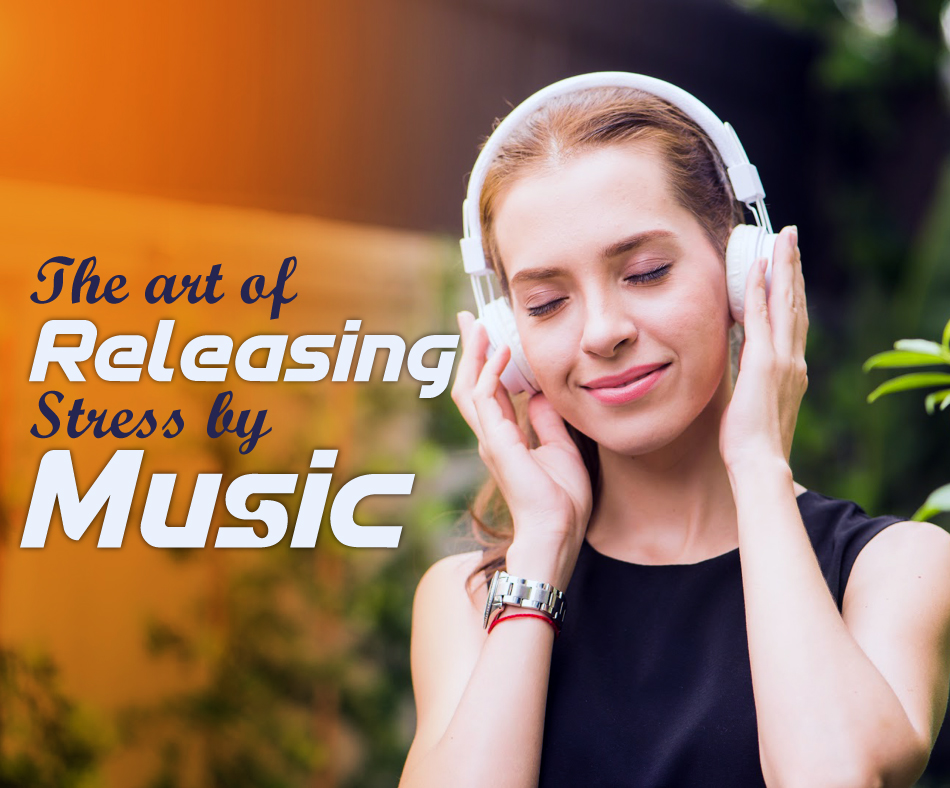RESEARCH ON MUSIC
Imagine a world with no music. Scary, right? Music is one of the most powerful things ever. That explains why it carries a history of treating myriad illnesses going hundreds of years back. It was used as a tool by the natives everywhere for restoring harmony. Music was also the way to celebrate and connect with divine powers.
Recently, a growing number of studies have tried to measure the benefits of music. Here’s what the studies found:
- The right kind of music can bring a sense of stability and ease to distressed and disabled children. It also encourages communication and coordination. Music is great for improving quality of life as well.
- Exposing a patient that has gone through surgery to music can put them at ease. It can help them with anxiety and stress.
- It has been studied for alleviating symptoms of depression and anxiety.
- Music can fight burnout and better the mood among students and professionals alike.
THE POWER OF MUSIC
It’s not even up for debate that music is extremely soothing. There’s a powerful link between music and emotions and how it helps to manage stress.
Slow classical music is the best for easing stress and anxiety. It can quiet our minds. It has major effects on our physiological functions. For example, it lowers blood pressure, decreases the production of stress hormones, slows down the heart rate and pulse rate etc. The breathing also becomes slow when you listen to slow paced music.
The right kind of music can absorb our attention. It can force us to be in the now; thus helping us with focus. During meditation, this can be particularly helpful as it keeps the mind from wandering.
MUSIC THERAPY
IN THE MORNING– When you start the day on a positive note, it can set the tone for the rest of the day. To make that happen, pick a soothing track and put it on first thing in the morning. This way you will enjoy a stress-free day.
Go for classical music, ideally, when you wake up. It will help you with focus and calmness. However, if you’re going to have a big day with a lot of work, something more upbeat and energetic might be better to make you move, dance, smile, etc.
WHILE EATING– Soothing music tells your body to relax and slow down. When you do that during meal times, your body will produce less cortisol so that you have an easier time digesting food. Studies tell us that classical music can promote mindful eating. You tend to eat less and also feel connected to the food.
BEFORE SLEEP– The quality of sleep governs all other aspects of your life. Your mental health, physical health, and happiness levels are tied to sleep quality. It is highly advised that to counteract the effects of stress (that often comes in the way of sleep)- you put on some quality music. It will slow down the breathing, quiet the mind, and slip you into the land of sleep.
EFFECTS OF MUSIC ON STRESS
Studies tell us that music with 60 bpm (beats per minute) helps the brain to sync with the beat. It helps the brain achieve alpha brain waves. This particular frequency resonates with relaxation and a conscious state of mind.
Listening to calming music for a total of 45 minutes while laying in a comfortable position could help you achieve better REM sleep. The Stanford University Researchers tell us that music can alter the brainwave functionality much in the same way as medication.
It’s a particularly powerful tool because anyone can access and use it for stress reduction.
You can manage your stress and anxiety by taking online music lessons and learning various instruments for fun.
IMPACT OF MUSIC ON EMOTIONS
Slow music can make us feel quiet and force contemplation whereas upbeat music makes us feel happy and peppy. Some songs can make us feel sad while others promote relaxation. Some songs are so deeply tied to your memory that they make you feel nostalgia. Some can even make you angry. It’s evident that music is linked tightly with myriad emotions.
MUSIC CAN GET US THROUGH EVERYTHING
There’s nothing quite like the power of music to help us get through the day. When the going gets tough, it’s often the music that comes to people’s rescue. There’s music for all ceremonies and all situations in life. Some music is even divine and spiritually elevating and that can help us connect with our higher self and divine goals.
*Article and all content within by Curtis Dean
